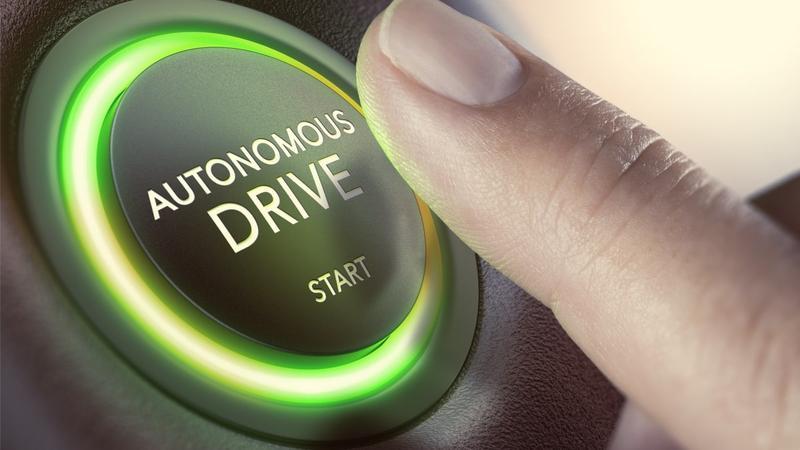Self driving cars could be available in the Canada consumer auto market within four years, but do we know what that might mean to the Canadian driver?
Paul Godsmark, a former highway designer, said in an interview with the CBC that "this technology is going to hit us a bit like a tidal wave. And if we're ready, great. And if we're not, tough. It's coming anyway."
Google Inc. has said its fleet of a dozen computer-controlled vehicles has logged over 480,000 kilometres without an accident.
In 2012, Nevada became the first U.S. state to approve regulations that spell out requirements for companies that want to test driverless cars. California has also passed legislation that requires its Department of Motor Vehicles to draft regulations for autonomous vehicles by January 1, 2015.
Some questions that come up when talking about self driving or driverless automobiles are:
- Would someone without a driver's licence be allowed to operate one?
- Will we even need to have a driver’s licence anymore?
- Would a child be allowed to ride in one alone?
- Would it be legal to let the car drive you home while you worked on your tablet?
- Will impaired driving cease to exist?
- What will insurance look like?
- What would insurance rates be for self driving cars?
- If there is an accident who would pay? The owner of the vehicle or the manufacturer?
A spokesperson with the Insurance Bureau of Canada said it doesn't have a policy on self-driving vehicles yet, because the technology is still in its infancy. The liability issue will not be resolved until we actually have self driving cars on the road and legislation created. Precedents will be set in the courts as to whether the driver or manufacturer is liable for accidents.
There are currently automated driver assistance tools that exist on some vehicles. Cruise control, for example, has been around for years. The current insurance industry response for if cruise control caused the driver to rear end someone, or veer off the road, would be that the driver was at fault for the accident. If it was determined that there was a malfunction with the cruise control, the insurance company could seek reimbursement of claims payouts from the manufacturer of the vehicle. In the latter case, the accident would then be considered not at fault. The same might be true for self driving automobiles, although we will have to wait and see what the legislation will be.
